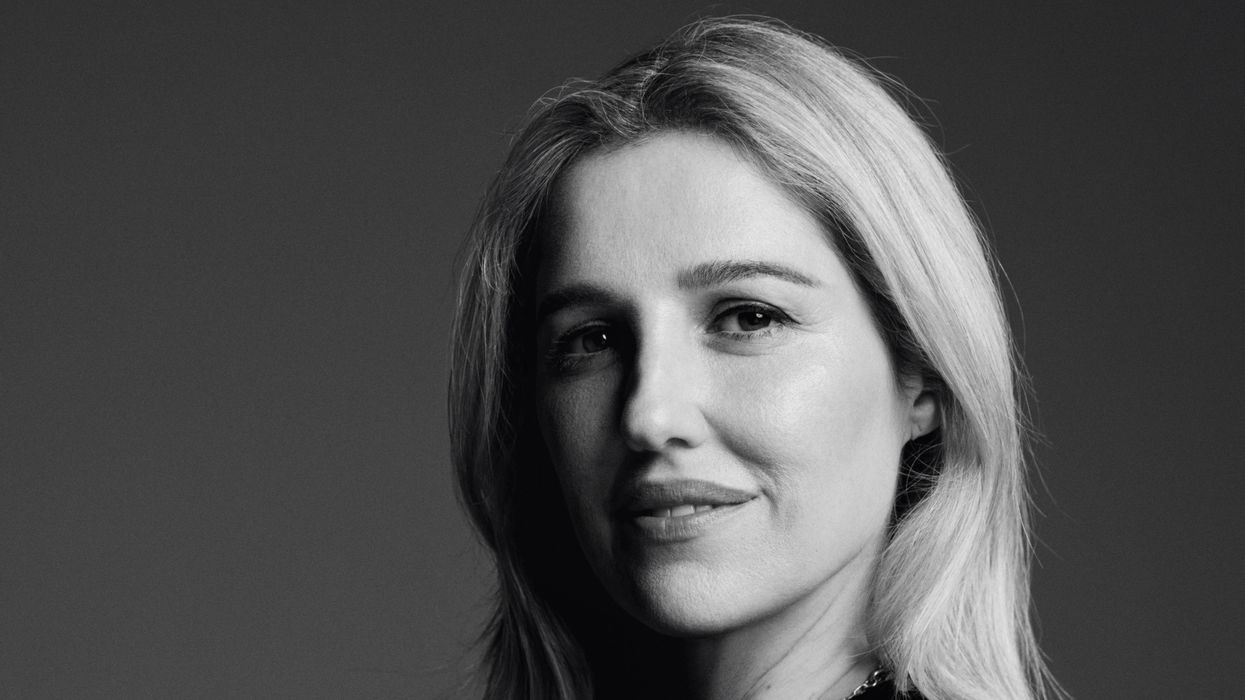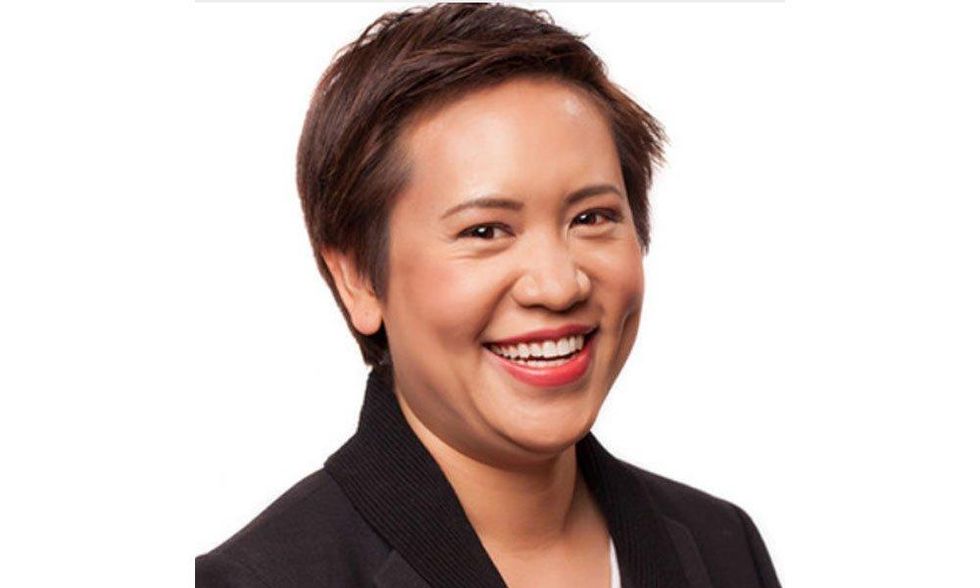Careers
20 December 2022
On the Move: The Honest Company, Calvin Klein name new leaders
This week's hiring roundup includes news from Edgewell Personal Care, Sephora, Stitch Fix and Weee!

This week's hiring roundup includes news from Edgewell Personal Care, Sephora, Stitch Fix and Weee!

Welcome to On the Move. Every week, The Current is rounding up the comings and goings of leaders at brands and retailers across the ecommerce, retail and CPG landscape.
This week, The Honest Company and Calvin Klein get set to head into 2023 with new leadership. Meanwhile, Ulta Beauty, Stitch Fix and Asos are adding experienced executives to their boards.
Check out the latest moves:
Carla Vernón is set to become the next CEO of The Honest Company, effective Jan. 9, 2023. The former Amazon and General Mills executive was tapped to lead the digitally native clean lifestyle brand as part of a succession plan that will see current CEO Nick Vlahos step down from day-to-day operations after nearly six years.
Vernón most recently served as VP of consumables categories at Amazon, where she helped to advance the beauty category with virtual lipstick try-on and the Holiday Beauty Haul sale event. She also served as division president for natural and organic at General Mills as Nature Valley and Lärabar found new growth.
Founded in 2012 by actress Jessica Alba, The Honest Company makes products in personal care, beauty, baby and household products.

Eva Serrano was appointed to the role of global brand president at Calvin Klein. Serrano joins PVH-owned Calvin Klein from Zara parent Inditex, where she held roles across multiple brands and gained experience in various disciplines including product, marketing, consumer experience and supply chain. Most recently, she was president of Inditex Greater China. Serrano is stepping into the leadership role after the August departure of Trish Donnelly, who served as CEO of PVH Americas and Calvin Klein.
Poppi, the prebiotic soda brand, announced several new executive hires. This came at the same time as the brand closed a new investment of $25 million from CAVU Consumer Partners.
Deborah Yeh was promoted to global chief purpose officer at Sephora, according to WWD. Yeh previously served as EVP, global chief purpose officer and CMO of Sephora North America. In the role, the 10-year Sephora veteran will further define the company’s purpose and corporate social responsibility priorities, then bring them to fruition. Yeh previously worked at Gap Inc. and Target.

John Burry was hired as chief merchandising officer at ethnic egrocer Weee! Burry brings grocery experience that includes more than 20 years with Tesco, where he served as director of innovation and futures. “His experience blending the capabilities of one of the world's largest retailers with his entrepreneurial mindset will be an invaluable asset as we look ahead to future growth,” said Weee! CEO Larry Liu.
Robert Schmidt was appointed to the role of chief accounting officer at Edgewell Personal Care. Previously, Schmidt held the same role at ADC Therapeutics and Newell Brands. He also held leadership roles at Tyco International and Celgene Corporation. Schmidt will be based in the consumer products company’s Shelton, Connecticut, office, reporting to CFO Dan Sullivan.
Heidi G. Petz, the president and COO of Sherwin Williams, was elected to the board of directors at Ulta Beauty. Petz joined Sherwin Williams following the acquisition of The Valspar Corporation in 2017. She previously held leadership roles at Newell Rubbermaid, Target Corporation and PricewaterhouseCoopers.
Kofi Amoo-Gottfried, the chief marketing officer of DoorDash, is joining the board of directors at apparel service Stitch Fix. The ninth member of the Stitch Fix board, Amoo-Gottfried brings experience in brand and marketing from Bacardi and Meta, as well as work on advertising for brands such as Kellogg’s, Coca Cola and Nike. Amoo-Gottfried was also the founder of Publicis West Africa.
Wei Gao was appointed non-executive director at ecommerce fashion retailer Asos. Gao previously served as chief operating officer at events platform Hopin, and brings experience from Amazon as a VP of grocery tech, product and supply chain, as well as technical advisor to the CEO.
Campbell Soup Company CEO Mark Clouse offered thoughts on messaging amid inflationary shifts in consumer behavior.
After months of elevated inflation and interest rate hikes that have the potential to cool demand, consumers are showing more signs of shifting behavior.
It’s showing up in retail sales data, but there’s also evidence in the observations of the brands responsible for grocery store staples.
The latest example came this week from Campbell Soup Company. CEO Mark Clouse told analysts that the consumer continues to be “resilient” despite continued price increases on food, but found that “consumers are beginning to feel that pressure” as time goes on.
This shows up in the categories they are buying. Overall, Clouse said Campbell sees a shift toward shelf-stable items, and away from more expensive prepared foods.
There is also change in when they make purchases. People are buying more at the beginning of the month. That’s because they are stretching paychecks as long as possible.
These shifts change how the company is communicating with consumers.
Clouse said the changes in behavior are an opportunity to “focus on value within our messaging without necessarily having to chase pricing all the way down.”
“No question that it's important that we protect affordability and that we make that relevant in the categories that we're in," Clouse said. "But I also think there's a lot of ways to frame value in different ways, right?”
A meal cooked with condensed soup may be cheaper than picking up a frozen item or ordering out. Consumers just need a reminder. Even within Campbell’s own portfolio, the company can elevate brands that have more value now, even if they may not always get the limelight.
The open question is whether the shift in behavior will begin to show up in the results of the companies that have raised prices. Campbell’s overall net sales grew 5% for the quarter ended April 30, while gross profit margins held steady around 30%. But the category-level results were more uneven. U.S. soup sales declined 11%, though the company said that was owed to comparisons with the quarter when supply chains reopened a year ago and expressed confidence that the category is seeing a longer-term resurgence as more people cook at home following the pandemic. Snacks, which includes Goldfish and Pepperidge Farm, were up 12% And while net sales increased overall, the amount of products people are buying is declining. Volumes were down 7%.
These are trends happening across the grocery store. Campbell is continuing to compete. It is leading with iconic brands, and a host of different ways to consume them. It is following that up with innovation that makes the products stand out. Then, it is driving home messaging that shows consumers how to fit the products into their lives, and even their tightening spending plans.
Campbell Soup is more than 150 years old, and has seen plenty of difficult economic environments. It is also a different business today, and will continue to evolve. At the end of the day, continued execution is what’s required.
“If it's good food, people are going to buy it, especially if it's a great value,” Clouse said.